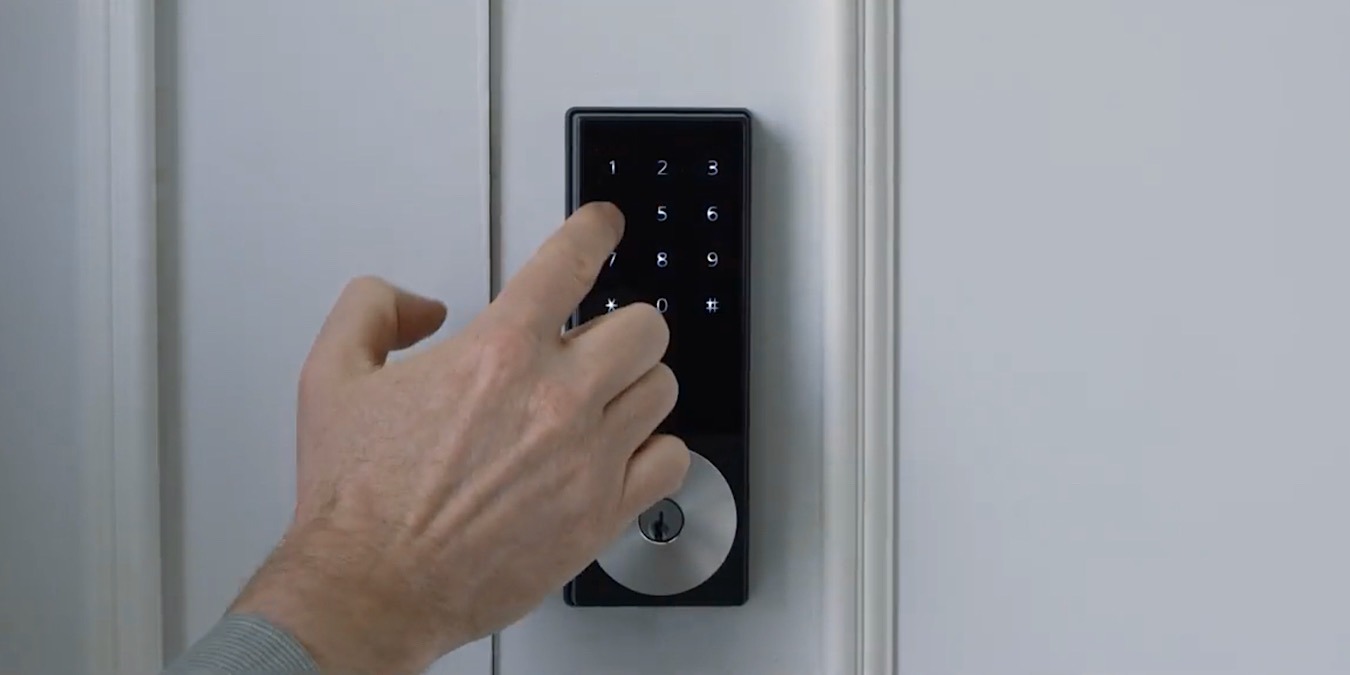Cybersecurity is no longer just about networks and private devices, no, it has expanded to traditional home security as well. One of the most popular ways that digital security systems are evolving is in the form of smart locks. A smart lock is, in part, just like a standard mechanical lock, but it receives remote commands from authorized devices sharing the network.
Because these devices rely on connections within a given network to operate, they automatically become vulnerable to cyber threats. Defenses against these threats exist, of course. However, the development of these defenses cannot always keep up with the sophisticated techniques hackers employ. All they need is a single point of entry to gain access to your home or business.
The Hacker’s Ability to Break into Your Network
You must realize that, although there are risks that come along with having a smart lock for your home, it is not inherently dangerous. It simply has flaws just like all other electromechanical security measures. The complexity with which these mechanisms work also invites many points of functioning that can be compromised, such as the notifications of smart lock behaviors (locking vs. unlocking) or access to your home network for communication with your mobile devices.
The cyber aspect of the smart locks, although a strength of the system, is not necessarily much stronger than a physical lock and key; It simply presents a different type of challenge that not as many people are prepared to face. Hackers are equipped to take on the challenge of breaking their way into your home security system – after all, they’ve done the same with baby monitors and doorbells! Once they’ve pinned down the location of your home, it is relatively easy for a skilled hacker to break into your network.
Compromising your smart lock is also a “cleaner” way to break into your home, as it leaves no trace of forced entry. With the right skillset and experience, many hackers will be able to break into your system even without consequence.
How They Get In
When someone hacks into your smart lock, they will typically do it in the following manner:
- They locate the encrypted directory that stores your personal information used to authenticate your device to control the lock.
- Once they have this information, they can manipulate the application to communicate with the manufacturer’s servers.
- They will then rewrite the application and grant themselves access to your lock and network as a “guest.”This enables them to not only access the smart lock on your home, but any lock made by this manufacturer.
- If they wish to go further, they will then be able to locate any nearby smart lock made by this manufacturer and gain access to those as well.
Although smart locks offer a unique form of protection from your home or business as it requires several factors of authentication before operation, they are admittedly quite vulnerable to cyber-attacks. Before purchasing your smart lock, do some research into the history of the manufacturer and, if you can, the types of cybersecurity commonly used in your neighborhood. This way you can choose the best security option for your home or business.
